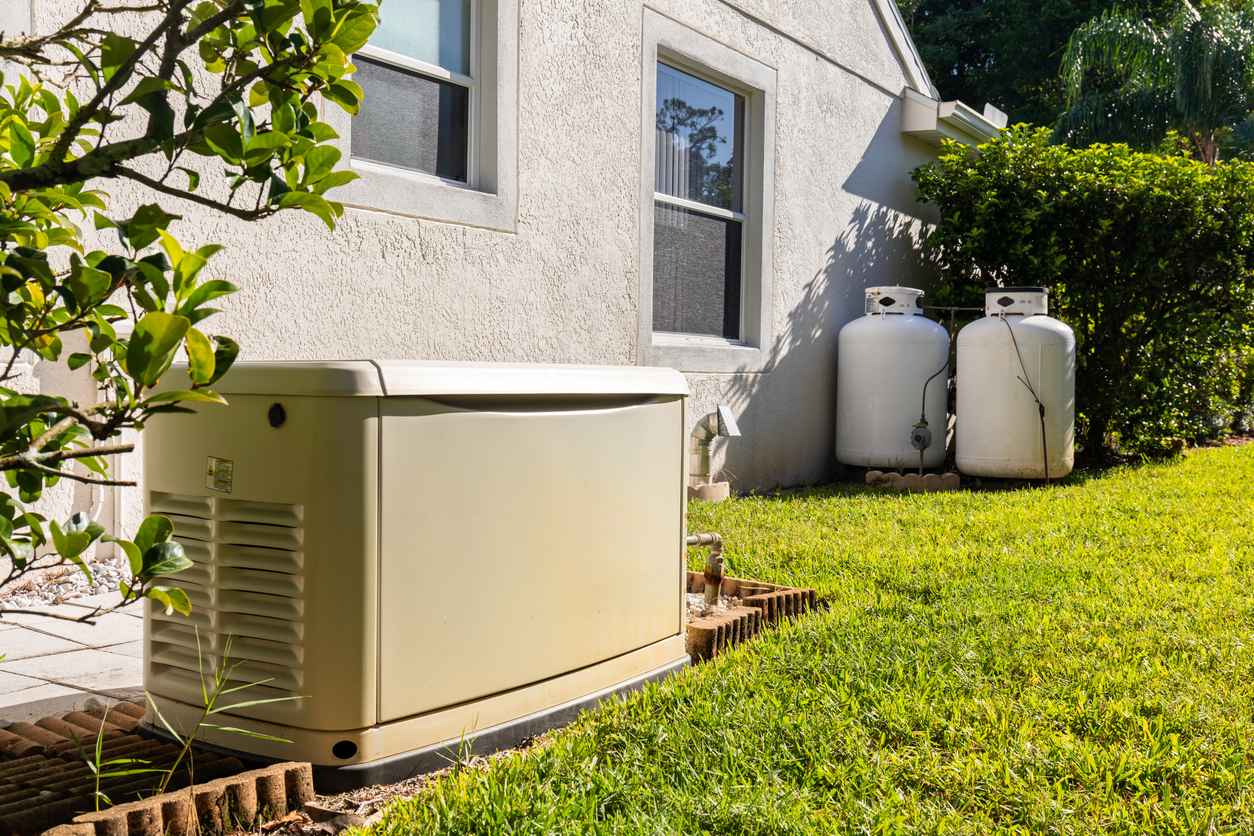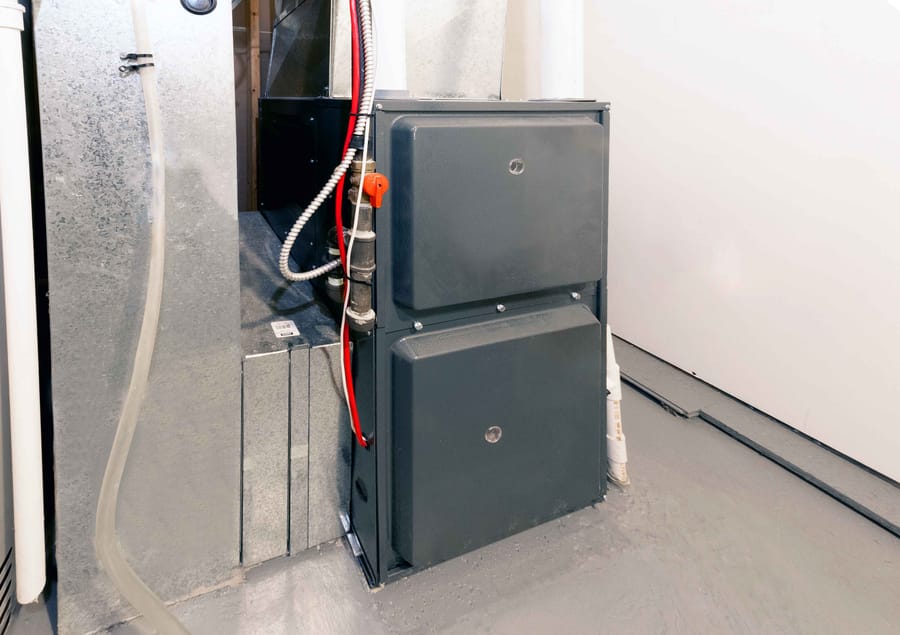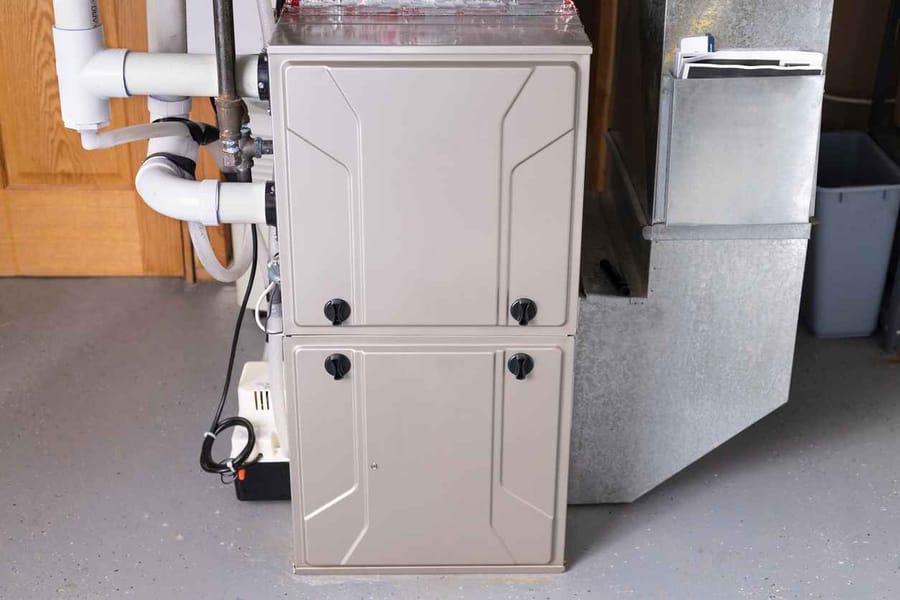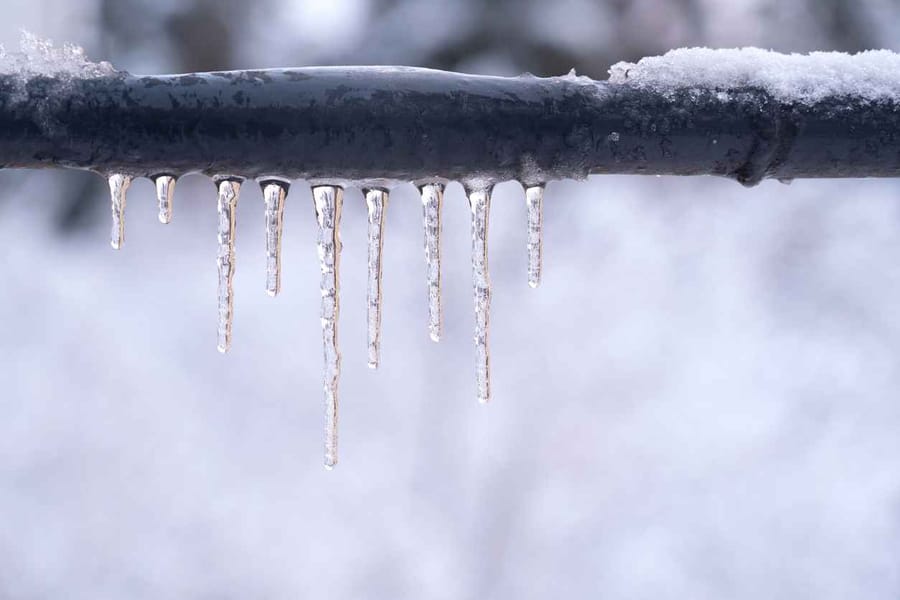4.8 Google Rating

What Size Generator Do I Need for My House?
When the lights go out, your generator becomes your home’s safety net—but only if it’s sized correctly. Choosing a generator that’s too small can leave essential appliances unpowered, while an oversized system might waste fuel and cost more than necessary. Many homeowners aren’t sure how to determine what size generator they actually need. The answer depends on how much of your home you want to power and which systems you can’t live without.
In this blog, we’ll break down everything you need to know to choose the right generator size for your home. With expert insight from AAA Service Plumbing, Heating and Electric, you’ll be ready to weather any outage in comfort and confidence.
Why Generator Sizing Matters
Getting the size of your generator right isn’t just about convenience—it’s about protecting your home and your equipment. If your generator is too small, it may overload trying to power more than it can handle, causing it to shut down or potentially damage your appliances. On the other hand, a generator that’s too large may cost more to purchase, install, and operate than necessary, especially if it’s not being used at full capacity.
Proper sizing ensures that your generator will efficiently power the most important parts of your home, like the refrigerator, sump pump, furnace, lights, and even medical devices if needed. It also helps maintain safety, prevent system wear and tear, and reduce energy waste during extended outages.
Choosing the right size generator means striking the perfect balance between power, performance, and cost—and AAA Service Plumbing, Heating and Electric is here to help you do just that.
Key Factors That Determine Generator Size
When choosing the right generator, it’s not just about square footage—it’s about what you need to power and how your home is set up. Here are the most important factors to consider:
What You Want to Power
Start by listing your essentials. Most homeowners prioritize appliances like the refrigerator, lights, HVAC system, sump pump, internet router, and medical equipment. The more items you plan to power, the more wattage your generator will need.
Total Wattage Requirements
Each appliance has two wattage ratings: running watts (the amount needed to keep it going) and starting watts (a temporary surge required when it powers on). Add up both values to get an accurate idea of how much power your generator must supply—especially if multiple items will start at the same time.
Type of Generator (Portable vs. Whole-Home Standby)
Portable generators are less expensive and good for partial-home use, but they usually require manual operation and can’t power your entire panel. Whole-home standby generators are permanently installed, activate automatically during outages, and can handle larger electrical loads—ideal for complete home coverage.
Home Size and Number of Appliances
Larger homes with multiple HVAC systems, kitchens, or high-end appliances will require significantly more power than smaller homes or apartments. The more electrical zones or high-demand items you have, the more output your generator must produce.
Generator Size Recommendations by Home Type
Once you’ve considered what you need to power and calculated your wattage needs, it helps to look at general sizing guidelines based on home type and usage level. These ranges can guide your decision—but your exact needs may vary.
Small Homes or Apartments (3,000-5,000 watts)
If you live in a smaller space or only need to power a few essentials like lights, the fridge, and a microwave, a generator in this range can usually get the job done. Portable models are typically ideal for this size.
Medium Homes (6,000-8,500 watts)
For moderate power needs—like keeping a fridge, sump pump, a few lights, and possibly a central heating or cooling system running—this wattage range offers a great balance. It’s suitable for most average-sized homes with limited major appliances.
Large Homes or Whole-Home Coverage (10,000+ watts)
If you want to power your entire home, including HVAC systems, electric ranges, water heaters, and laundry appliances, you’ll need a generator in this higher wattage range. Whole-house standby generators are best suited for this level of coverage.
When to Call a Professional
While some homeowners attempt to estimate their generator needs on their own, working with a licensed professional is the safest and most accurate way to ensure the right fit. A certified electrician or generator specialist can evaluate your home’s electrical panel, calculate precise wattage demands, and determine whether your existing setup can support a standby unit.
Professionals also account for local codes, permit requirements, and load management systems that most homeowners overlook. If you’re unsure whether to choose a portable or whole-home system, or if you’re planning to install a standby generator permanently, expert advice is critical to avoid costly mistakes.
AAA Service Plumbing, Heating and Electric offers full-service generator consultations and installations—so you don’t have to second-guess your power needs.
Power Your Home with Confidence
Choosing the right size generator for your home is more than a convenience—it’s about ensuring safety, comfort, and peace of mind during unexpected outages. Whether you’re looking to power a few essentials or your entire household, knowing your energy needs and working with a professional can make all the difference.
With the help of AAA Service Plumbing, Heating and Electric, you can confidently select and install the perfect generator to keep your home running smoothly, no matter the weather or emergency. Don’t wait until the next storm hits—contact our team today to schedule your generator consultation.





